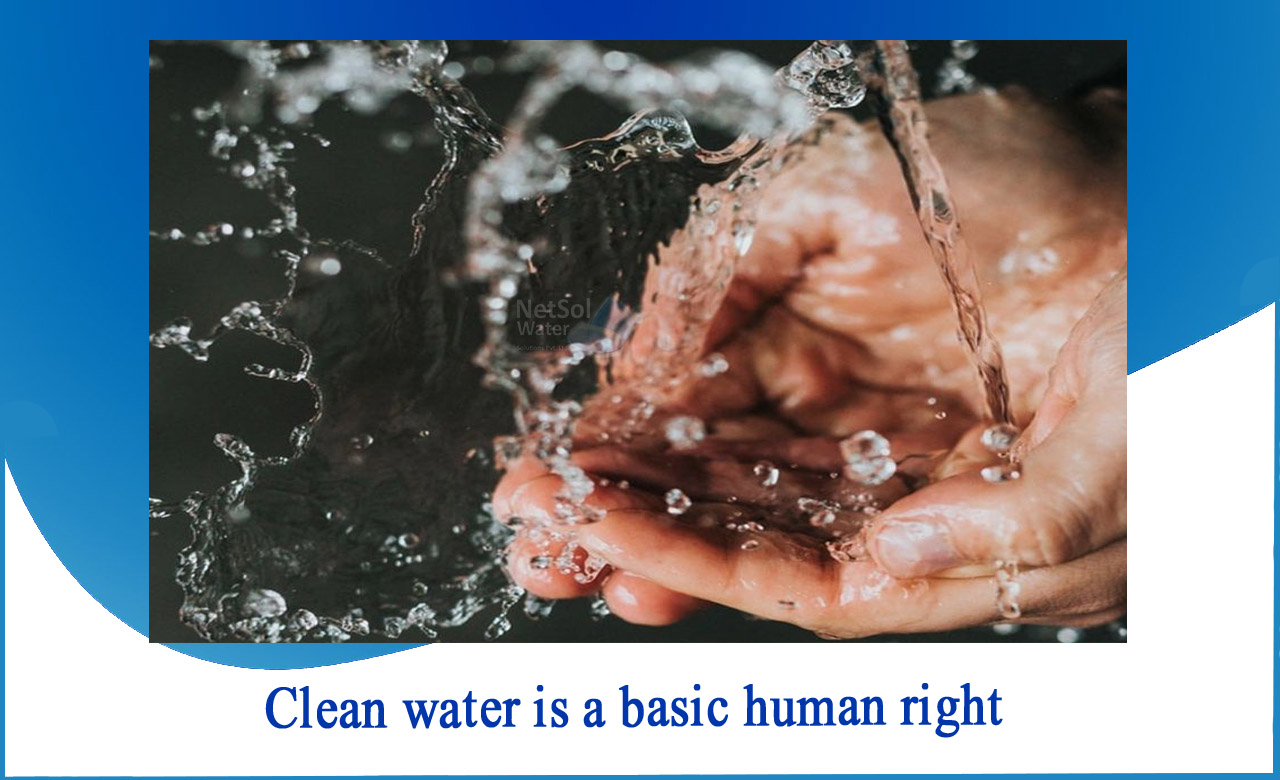INTRODUCTION
Lack of access to safe drinking water affects about 783 million people, many of whom are one of the poorest in the world. In addition, 2.5 billion people do not have access to improved hygiene. The use of polluted water causes many serious illnesses that kill millions of people each year. Without enough clean water, people will not be able to receive daily necessities such as proper hygiene, proper food, and improved hygiene.
Former UN Secretary-General Kofi Annan said: "Access to clean water is a basic human need and therefore a basic human right. Contaminated water endangers both the physical and social health of all. It is an insult to human dignity. We all have the right to safe drinking water, sanitation, shelter, and basic services. Water clearly falls into the category of assurance that is essential to ensure a decent standard of living, especially as it is one of the most basic conditions for survival: Resolution 64/292, July 2010, the right to clean water and sanitation.” He also called on all countries and organizations to provide financial support to help achieve this goal.
In the words of Dr.Gro Harlem Brundtland, a former director of the World Health Organization, and Sergio Vieira de Melo, a former United Nations High Commissioner for Human Rights, said: It should be non-discriminatory and enjoyed by women and men alike.
What does this mean for governments around the world?
International standards protect human rights, but individual governments are governments that form relationships with their citizens. By recognizing water as a fundamental human right, the United Nations requires all governments to gradually provide citizens with safe, adequate, accessible, affordable water and safe sanitation. Governments must respect, protect, and enforce individuals' rights to water.
This means that the government must not interfere with the enjoyment of water rights and must not prevent other parties (companies, individuals, communities, civil society, etc.) from doing so. Governments also need to establish mechanisms (such as legislation) that give individuals full access to water rights. An important aspect of the Declaration is that the right to water applies to all without discrimination. Also, to prevent the alienation of the poor, bankruptcy should not undermine an individual's right to water. Governments need to ensure that affordable water is available to everyone.
How does this affect individuals?
The UN Declaration gives individuals the right to clean water, but they will only benefit from it if the government strives to achieve it. People also need to be educated about their rights so that they can use the information to obtain those rights. The United Nations will review the government's progress and ensure that individuals steadily acquire water rights and hold the government accountable if there is no progress.
People have the legal right to clean the water, so it is no longer a commodity. This should speed up the process of setting up improved services. All groups and individuals can be included in the process, regardless of who they are. Groups previously denied access to water are empowered to stand up for their rights.
Making clean water available to all is an important goal to be achieved. Avex Riedel of the United Nations Committee on Economic, Social and Cultural Rights said: "People all over the world have human rights to water as the most basic requirement for a dignified life. Without them, other human rights are impossible to achieve. Due to the limited and uneven distribution of water resources, all states and other public or private non-state actors can afford safe and affordable beverage and freshwater resources for all. There is a clear responsibility to ensure access to. "




